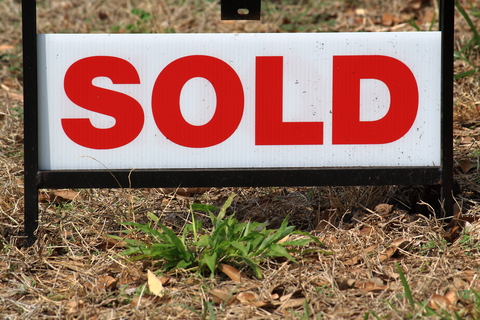“I want to preserve the natural world for my grandchildren.”
How many times have I heard statements like this regarding Mother Nature and the environment. They usually come from well-meaning proponents of conservation – progressive, even tree-hugging advocates for the natural world. At a certain level I agree with the statement – it’s certainly better than saying “I don’t want to preserve the natural world for my grandchildren.”
But at another level, I have a problem with it, and the attitude behind it. It implies that somehow the world was put there for humanity, and has no other purpose than to be of use to us. The statement really highlights the arrogance of human beings, who collectively believe that nothing on Earth has value unless it’s of use to them. Imagine if I were to tell you that your only purpose in being alive is so that I can borrow money from you at some point, or get some other benefit from you. Wouldn’t your response be that you deserve to live as much as I do, whether you’re of use to me or not?
The recently released book ‘Bright Green Lies’ (www.amazon.com/dp/B089LSDQCG) rightly points out that every patch of earth on the planet is somebody’s home. That means that the hundreds of square kilometers of land flooded by hydro dams, the gaping open pits, huge slag heaps, and toxic tailing ponds generated by mining, the miles of highway and railway track, the paved over cities, even the masses of land cleared to setup windmills or banks of solar panels, were once home to millions, if not billions, of plants, animals, reptiles, amphibians, insects, and other forms of life.
Somehow humanity has developed the idea that any part of the Earth they’re capable of physically manipulating is a ‘resource’ that belongs to them, and that the billions of other species that die as a result of that manipulation are of no consequence.
The fact is that the world wasn’t put there for you, or me, or your children, or your grandchildren. The plants and animals that inhabit that world deserve to live for their own sake, whether they’re of use to us or not. Yes, in order for humanity to continue living it’s sometimes necessary for us to kill other species. That’s nature’s way, and it always has been. But the plants, animals, fish, birds, and insects that cohabit the planet with us are not resources that we ‘own’.
The Earth doesn’t belong to us. In fact, the exact opposite is true – we belong to the Earth. The planet wasn’t miraculously created with the exact conditions we need to survive – it’s the other way around – we evolved to survive in the exact conditions that are present on this planet. If those conditions change – and they can change – we will die, and probably take many other life forms (though cockroaches may survive) with us.
So the next time you see an earthmover the size of a house tearing out a swimming pool-sized chunk of the scenery with one scoop, looking for steel, or copper, or gold, or diamonds, or lithium, or graphite, or sand, or any other material we require to build our modern world, remember: that activity is destroying the homes of billions of living creatures who deserve to live out their lives in the way God intended, just as much as we do.
Yes, of course, preserve the natural world. But beyond that, recognize that you don’t own it. It isn’t yours to ‘harvest’ whenever you want. Don’t preserve it for yourself, your children, or any following generations of human beings. Do it because it’s the right thing to do.
Photo 19644528 / Sold Sign © Aysha White | Dreamstime.com


Add Comment